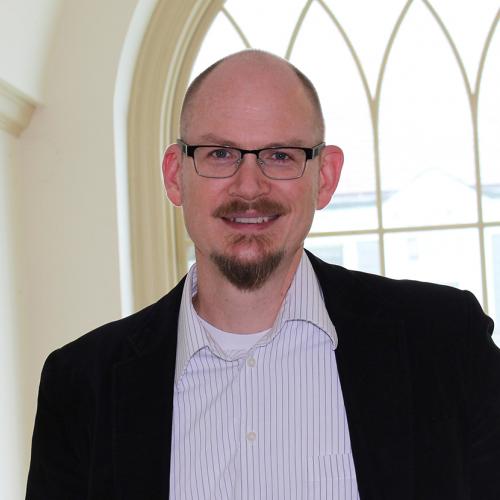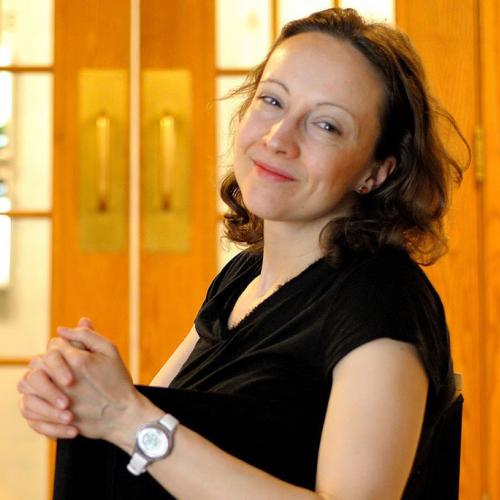Assistant Professor Jana Diesner and Professor Ted Underwood will present at Cultural Analytics 2017, a symposium devoted to new research in the fields of computational and data-intensive cultural studies, which will be held at the University of Notre Dame on May 26-27.
Diesner will give the talk, "Impact Assessment of Information Products and Data Provenance," on May 26. Her talk explores the question of how we can assess the impact of information products on people beyond relying on count metrics and by analyzing the substance of user-generated content. Diesner also addresses how limitations with the collection, quality, and provenance of large-scale social interaction data impact research outcomes and how we can measure these effects.
From the abstract: I present our work on developing new computational solutions for identifying the impact of information products on people by leveraging theories from linguistics and the social sciences as well as methods from natural language processing and machine learning. I focus on a study where we developed and evaluated a theoretically grounded categorization schema, codebook, corpus annotation, and prediction model for detecting multiple practically relevant types of impact that documentary films can have on individuals, such as change versus reaffirmation of people’s behavior, cognition, and emotions. This work uses reviews as a form of user-generated content. We use linguistic, lexical, and psychological features for supervised learning; achieving an accuracy rate of about 81%.
Underwood will present "Bestsellers and Critical Favorites 1850-1949" on May 27. His talk uses a collection of 1,200 volumes to show how the divide between popularity and prestige emerged, very gradually, over the course of a century. "Today we take it for granted that the mass market wants an entirely different kind of fiction than literary critics prefer," he said. "In the nineteenth century, that divide wasn't so clear: Charles Dickens, for instance, pleased both audiences."
Abstract: An article modeling prestige in poetry 1820-1919 recently appeared in MLQ; this is the second part of that project, on fiction. Our sources for the reception of fiction are richer than for poetry, so we're able to add a new dimension to the project by contrasting different kinds of prominence. We look at a subset of texts reviewed in elite periodicals, but also a subset of bestsellers, and a subset of pulp magazines. Some aspects of change are the same in poetry and fiction: critical standards change slowly, and literature seems to move in the direction of critical judgment steadily across long timelines. But considering different kinds of prominence makes literary stratification more visible. When you look at any single measure of prominence, it’s hard to detect Huyssen's "great divide" between elite and mass culture: critical favorites are not easier to pick out in the twentieth century than they were in the nineteenth; neither are bestsellers. But we do find clues that different forms of prominence diversified, and became less tightly correlated with each other, in the early decades of the twentieth century.
Diesner is an expert in network science, natural language processing, machine learning, and human-centered data science. She was a 2015-16 faculty fellow at the National Center for Supercomputing Applications (NCSA) at Illinois and is currently a research fellow in the Dori J. Maynard Senior Research Fellows program, which is a collaboration of The Center for Investigative Reporting and The Robert C. Maynard Institute for Journalism Education. She holds a PhD from the Computation, Organizations and Society (COS) program at Carnegie Mellon University's School of Computer Science.
Underwood is a professor in the iSchool and also holds an appointment with the Department of English in the College of Liberal Arts and Sciences. He is the author of two books about literary history, including most recently Why Literary Periods Mattered (Stanford, 2013). His articles have appeared in PMLA, Representations, MLQ, and Cultural Analytics. He is currently collaborating with HathiTrust Research Center and finishing a book to be called The Horizon of Literary History.

